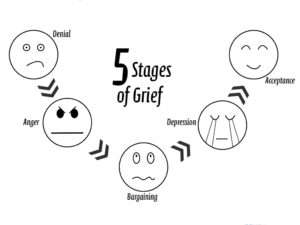NYSCDM 35th Anniversary Annual Conference
The New York State Council on Divorce Mediation met for its annual conference in Albany NY, May 3-5 this year. It was the Council’s 35th Annual Conference: “Managing the Delicate Balance”. And it lived up to anniversary status.
There were over 100 divorce mediation and affiliate professionals who attended. Attendees came from every corner of New York State from Buffalo to Long Island. Rochester, NY was well represented by ten members of the Council in attendance.
As President of the NYSCDM, I presided over the annual meeting, honoring all who serve on the board and committees. I also was one of the panelists in a discussion on attorney involvement in divorce mediation. This was a lively discussion with many different viewpoints shared and challenged.
Judge Richard Dollinger, also from Rochester, gave a presentation on “Spousal Support: A view from the bench”.
The annual conference is one of three conferences held yearly by the Council. We stress continuing education for all of our members. Accredited members need to complete a required number of credits to maintain their status with the organization.
When looking for a mediator, please be sure they are members of the NYSCDM and have accredited status. This will ensure your mediator is trained and values their continued education.
For more information on divorce mediation and the process, please call 585-269-8140 or email [email protected]







